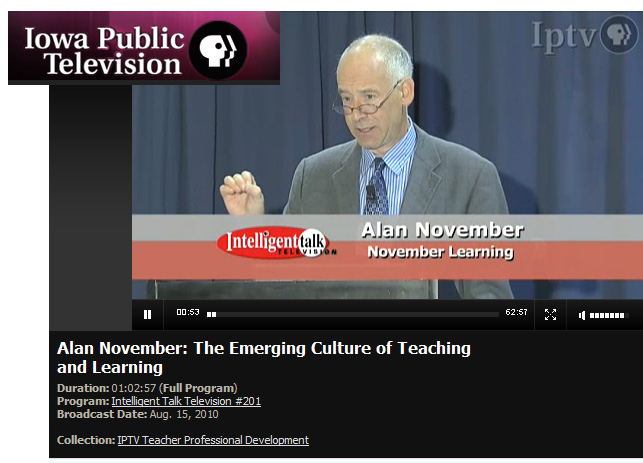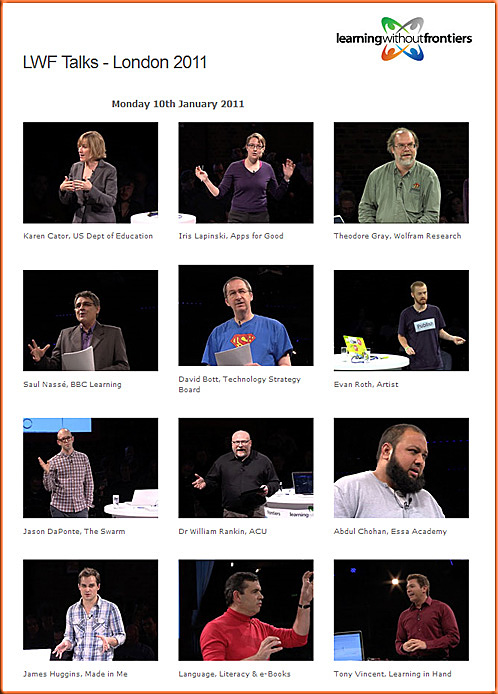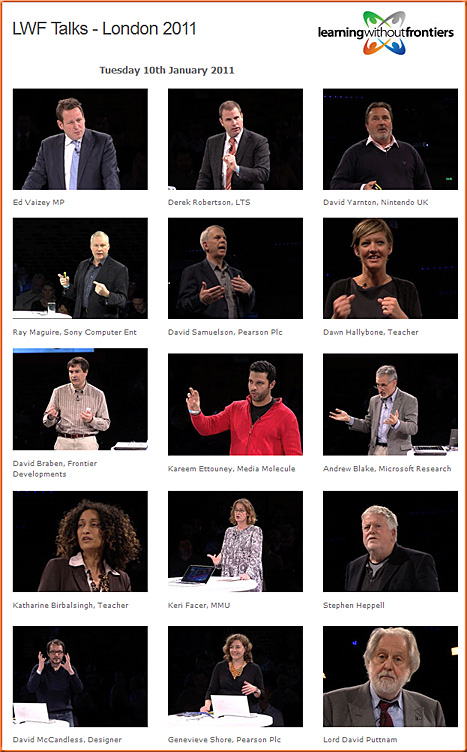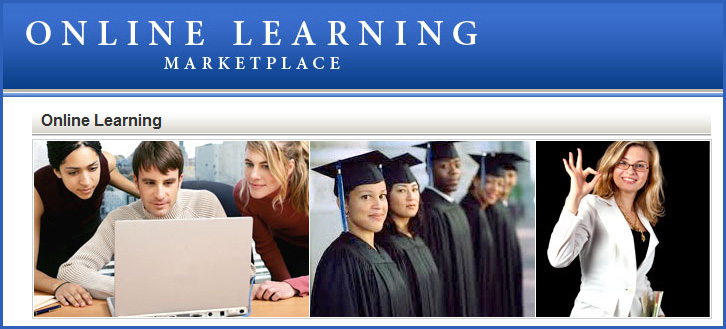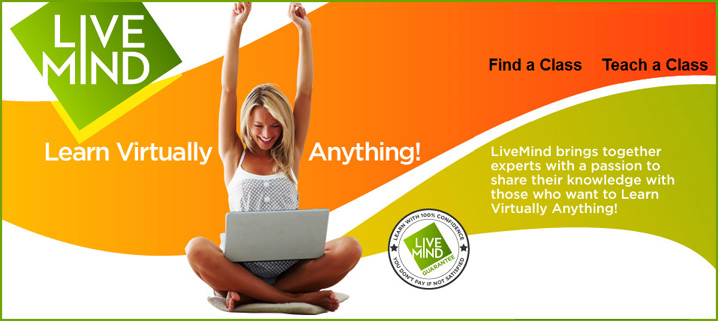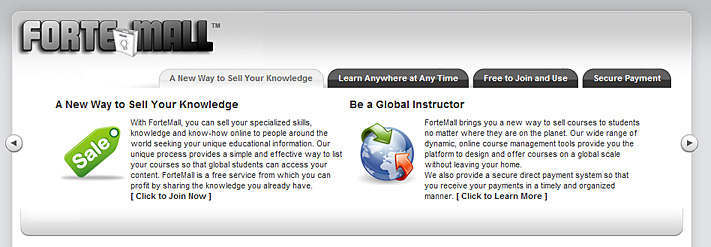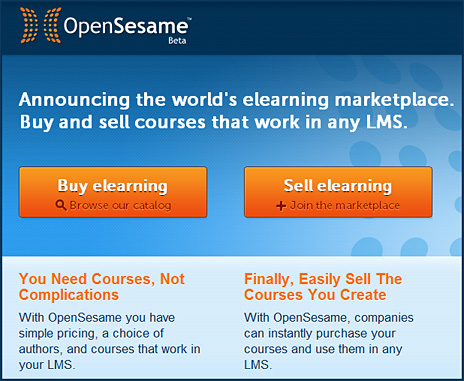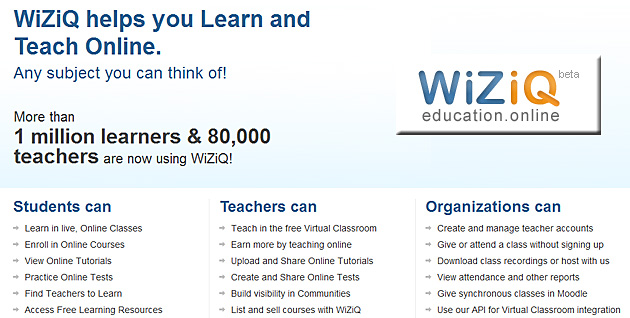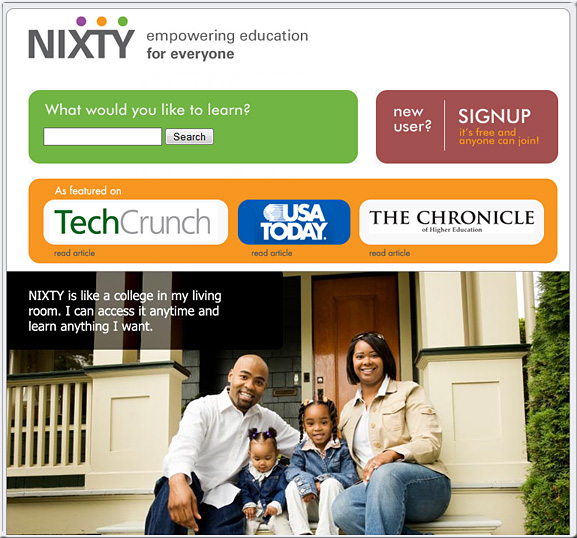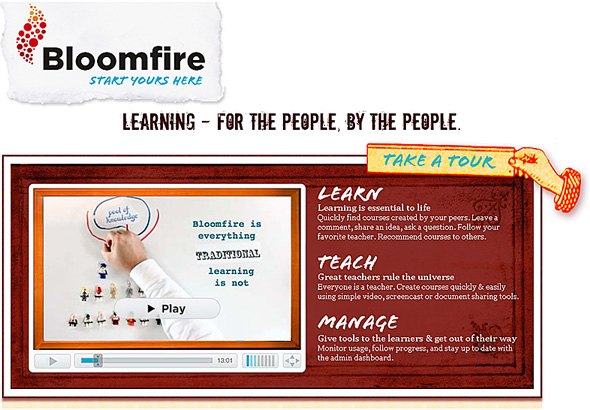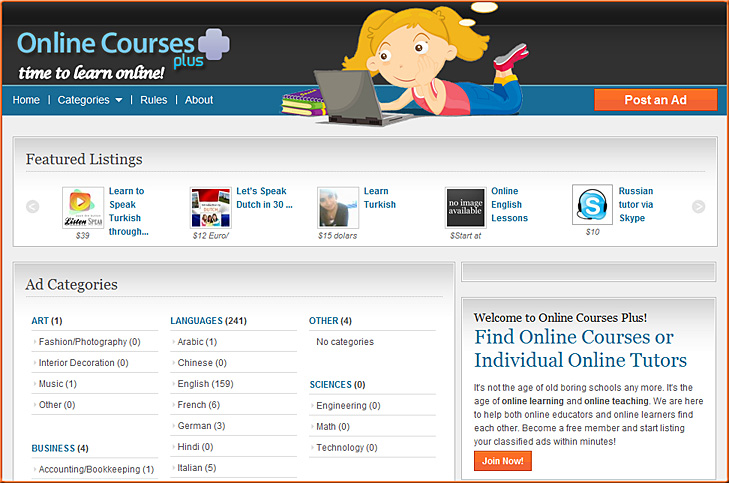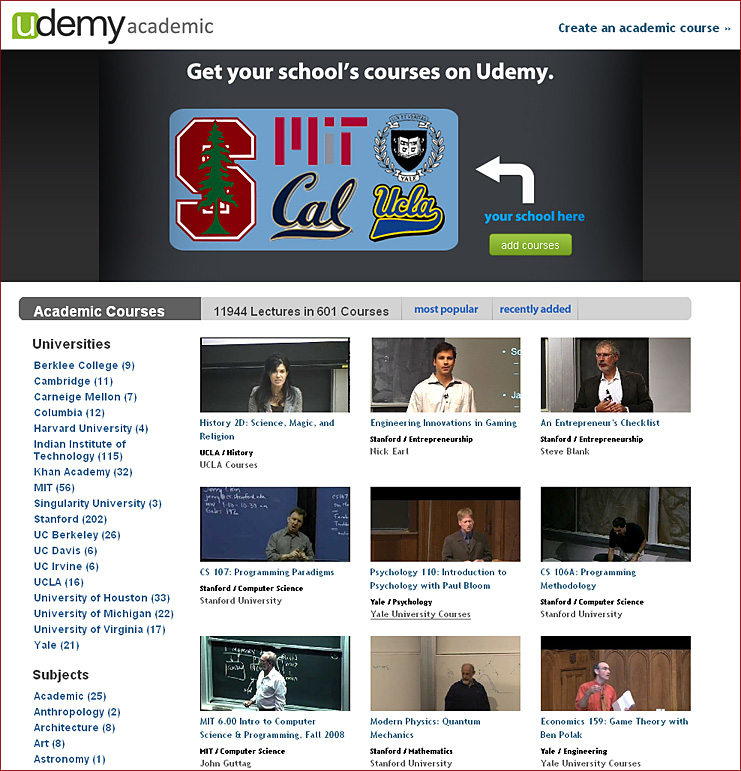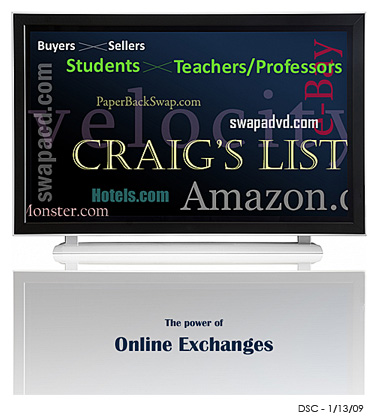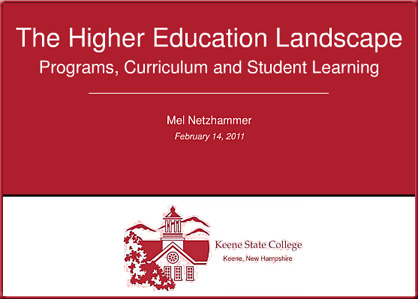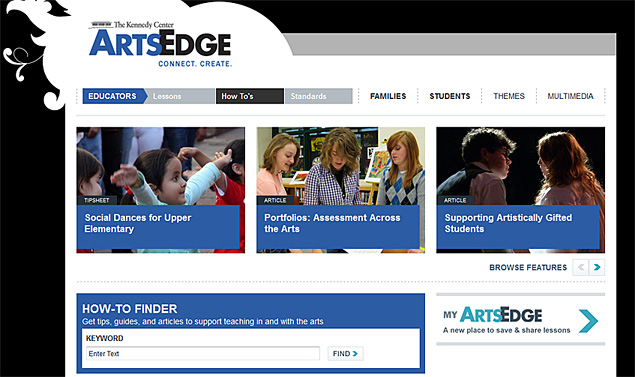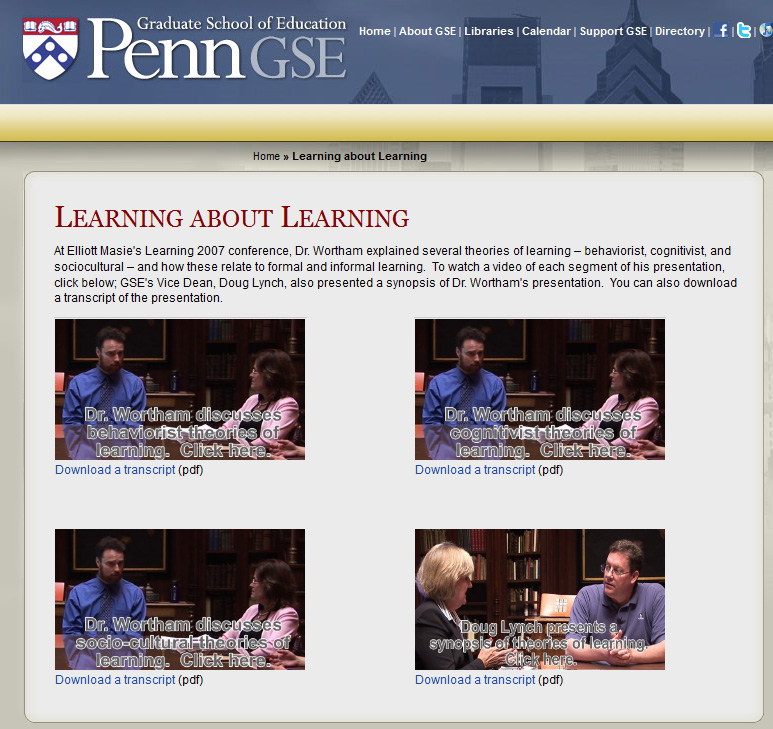‘Social teaching’ company bets buy-in from Capella Education — from The Chronicle by Josh Fischman
The basic idea behind Sophia is to identify the best teachers for any concept, put their instruction for that concept online, and students all over the world can use these “learning packets” free of charge. For example, a professor who has a really great lesson on how to factor polynomials can package that lesson—complete with video and any other materials—on Sophia, and search engines like Google will let students find it and use it.
From DSC:
Will the Forthcoming Walmart of Education turn out to be that we teach each other, free of charge? Online marketplaces and exchanges continue to appear; the game-changing environment — filled with disruption and change — continues to develop.
But know this, teaching is tough. It’s not easy, and it’s not an exact science; it’s also an art.
Our minds — and the ways in which we learn — are unbelievably complex. After decades of trying, scholars still do not agree on how we learn. There are numerous learning theories out there (still) and though we’ve come a long way, there are no silver bullets of the teaching and learning world.
So if you decide to be a teacher, you better get ready to spend some serious time honing your craft…otherwise, your ratings on these types of sites will plummet and few will see your modules/contributions. conversely, if you are an effective teacher, your ratings will reflect that and your contributions will be seen/linked to quite frequently — from people all over the world.
Also see:











